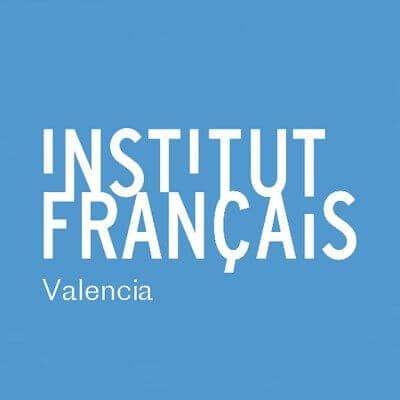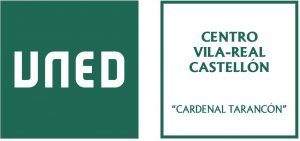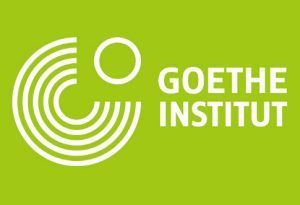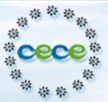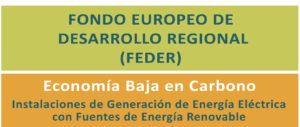LEARNING
We learn together
In this section of our website we would like to take you step by step through how we create great learning experiences that inspire, support and challenge us to be the best we can be.
British School of Vila-real teaches the British National Curriculum from 2 to 18 years old in combination with subjects from the Spanish curriculum, leading to a double qualification (British and Spanish). Within this framework, students learn with exposure to a wide range of realities and with greater personal involvement in today’s society, learning to be citizens of the world, capable of transferring what they know to unfamiliar situations, and interrelating diverse contexts.
Our students enjoy a unique learning environment, designed to meet their individual needs in order to enhance their personal strengths and provide the tools and support necessary for them to achieve the greatest success in both their academic and professional lives, reaching the highest levels imaginable.
«At BSV learning is a journey of discovery, where by being creative, taking risks, and making mistakes, we improve our knowledge, skills and understanding».
We understand that good learning develops the mind and we know that each step in learning is unique. Students, teachers and parents all understand the importance of improvement. Together we have created the message above which defines the mission of our school.
As part of the global education group, International Schools Partnership (ISP), with over 58,000 students in 62 schools in 17 countries, we share a common vision of learning:
“Learning is the cognitive effort we make when we acquire knowledge about something new, repeatedly exercising skills and developing our understanding through connections.”
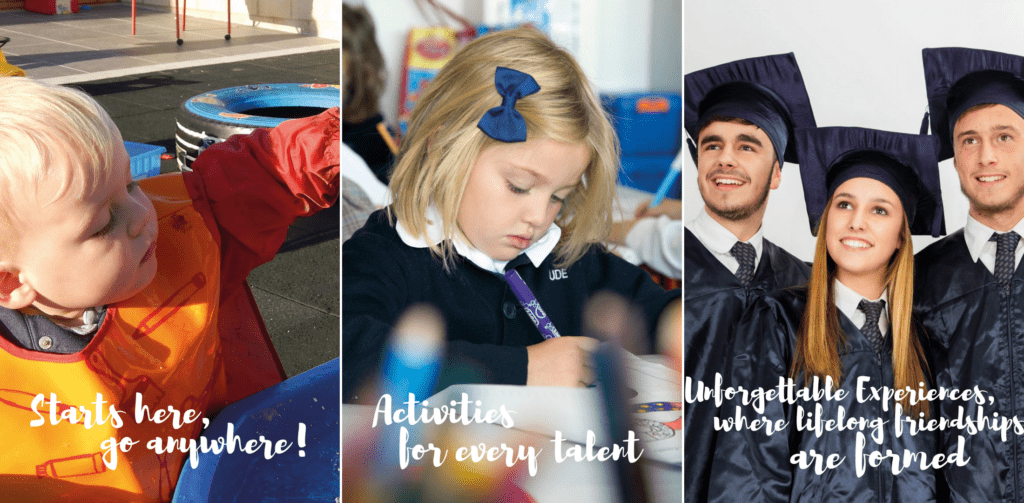
Nuestra metodología
Our curriculum, following the British system, is based on:
- A focus on developing skills and enhancing student learning for all students, giving them both the freedom to be creative and the support to achieve their full potential.
- Complete English language immersion through the day to day teaching of lessons.
- The creation of learning experiences. A focus on each student’s learning in a practical way to ensure that all our students understand the practical application of the content in the lessons.
- Motivation and positive reinforcement are used to encourage student to want to complete their work ‘ Getting Better is what drives us’
Objective: to encourage students to be able to think for themselves, look for solutions to problems and to know how to respond to changes and different situations.
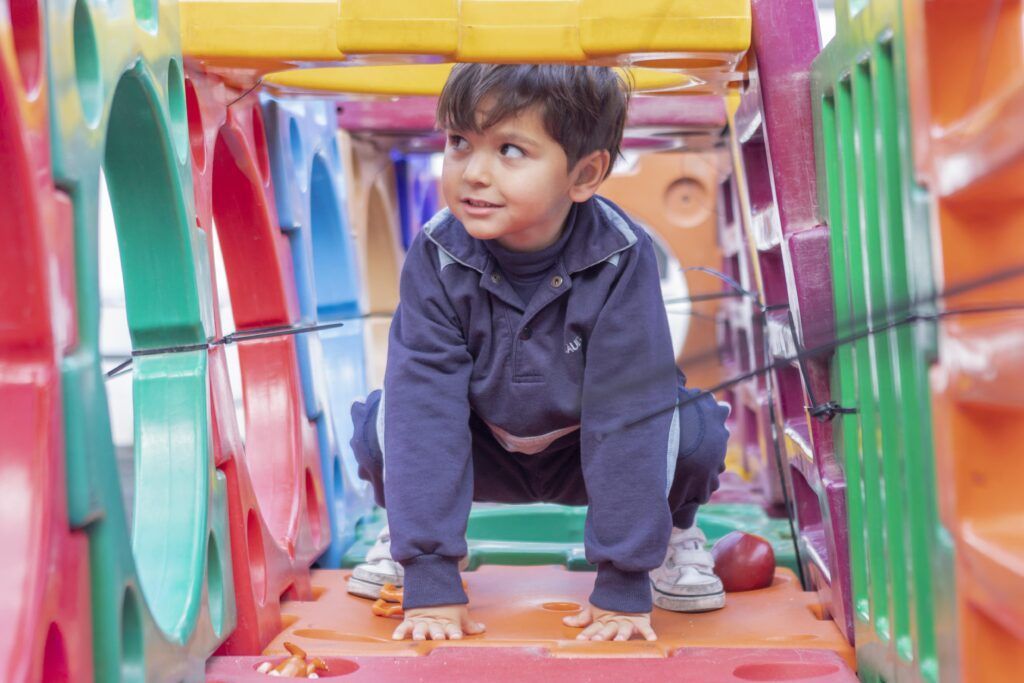
As we follow the British National Curriculum, we prepare our students to sit IGCSEs and A-Levels examinations, which are equivalent to the Spanish ESO and Bachillerato. Our students are granted university access without having to take the Spanish Selectividad exam. They also obtain both Spanish and British qualifications allowing them to apply to any European university.
STUDENT ASSESSMENT
We strive to ensure the academic excellence of all our students, but we also recognise many other qualities and aspects.
- We reward students who show effort outside the classroom; who may have achieved something despite personal adversity.
- We reward students who represent the values of our school.
- We give our students the opportunity to pursue their personal passions such as: World Robot Olympiad (WRO) in Castellón, European Youth Parliament, TEDxYouth event or ISP group activities such as the Online Chess Tournament or the Maths Challenge, among others.Students are assessed in accordance with the requirements of each of the school’s existing curricula. As assessment and progress resources, we use digital programmes and platforms that enable the recording of information to be constantly updated and accessed by all teachers.
The school continually develops systems to encourage the most successful pupils, both in and out of the classroom, and we have a support department for pupils with Specific Learning Needs (SEN). The school also offers a personal mentoring programme, access to external examinations and a student and pastoral care committee. Students who follow some kind of methodological adaptation receive their grades taking into account these adaptations and the assessments from the Guidance Department.
During and at the end of each stage, standardised assessments, both internal and external, are carried out to ensure that our students are progressing appropriately for their ages and grades.



